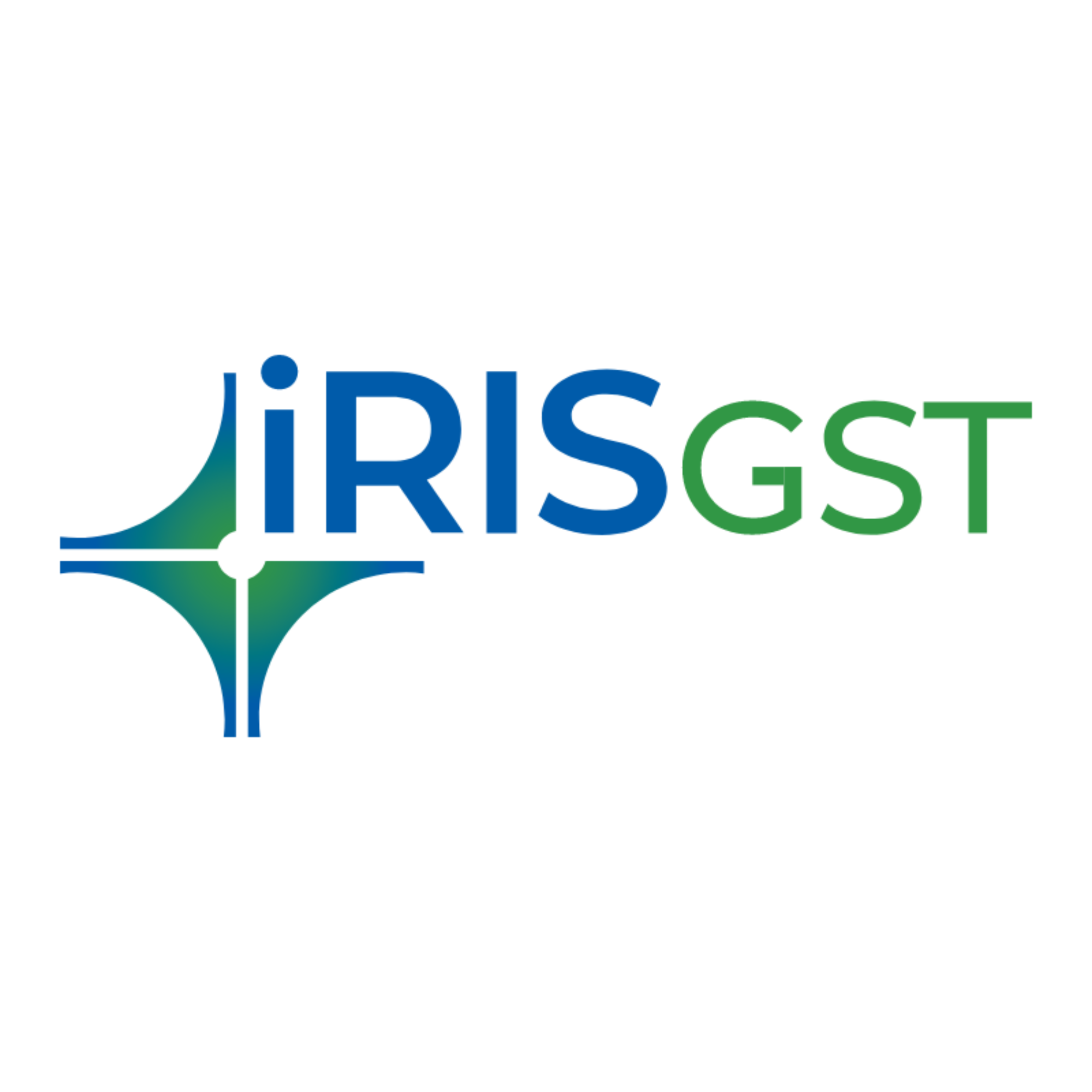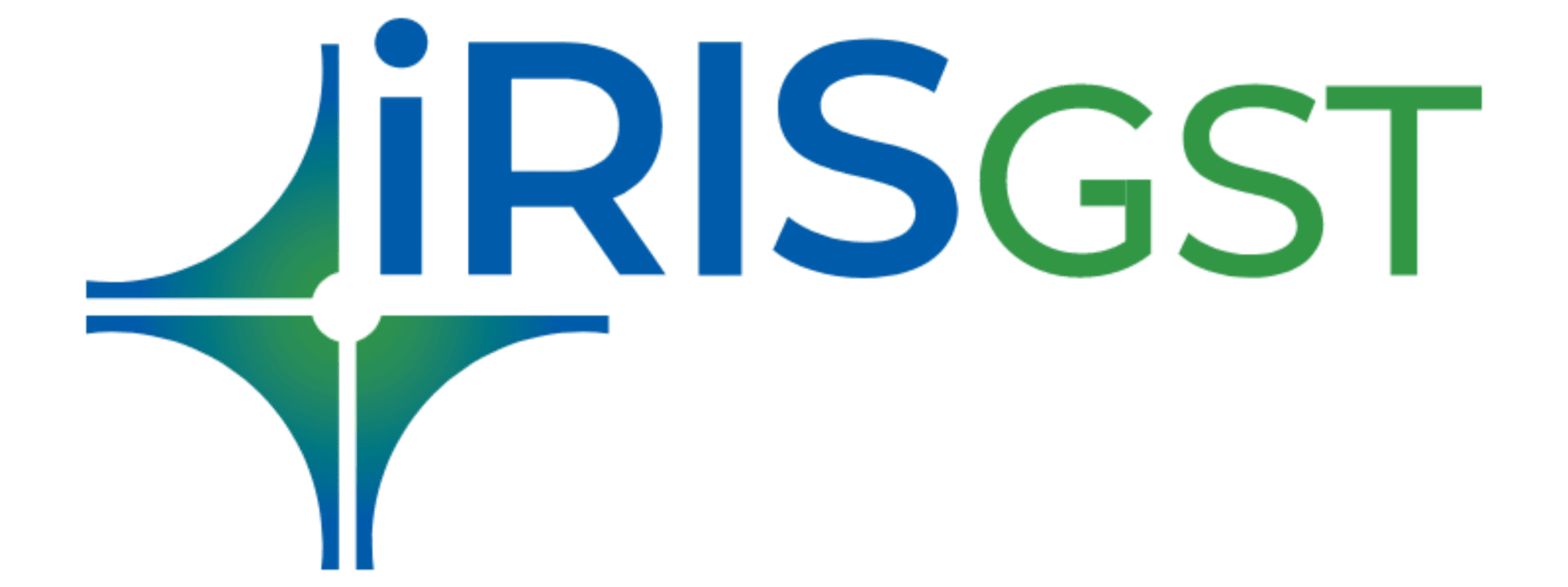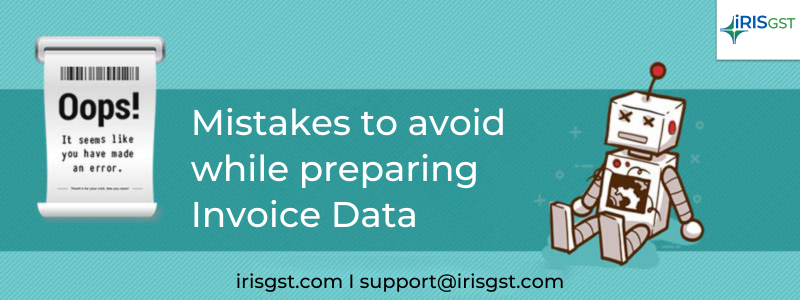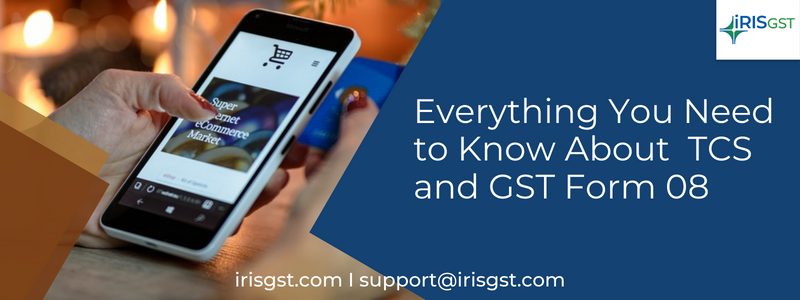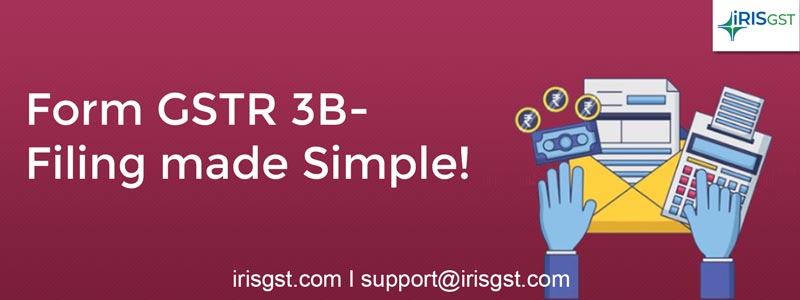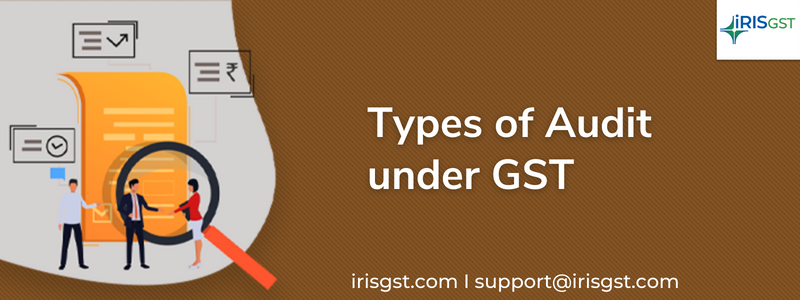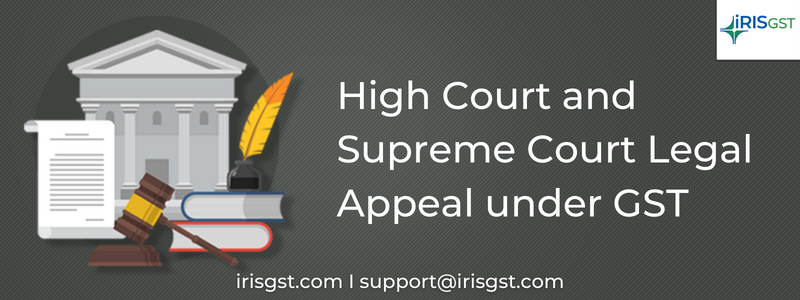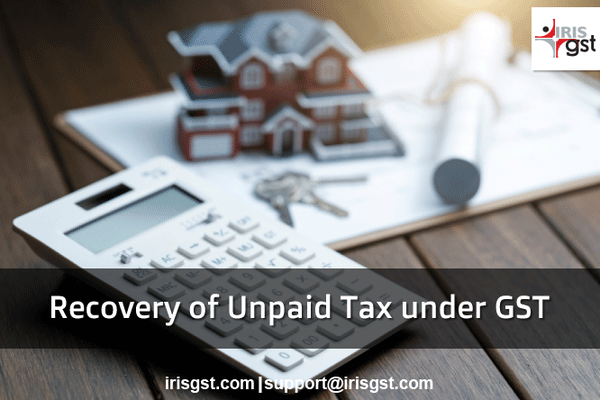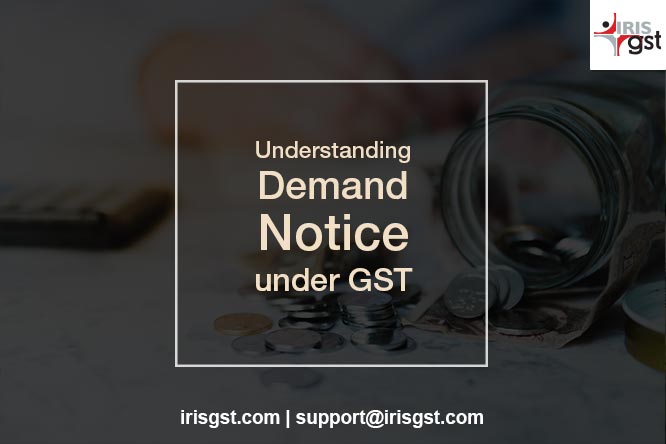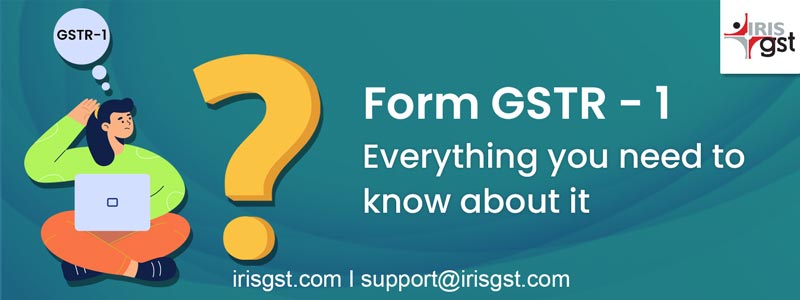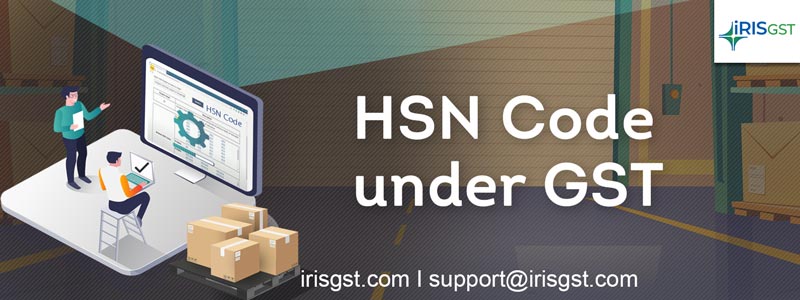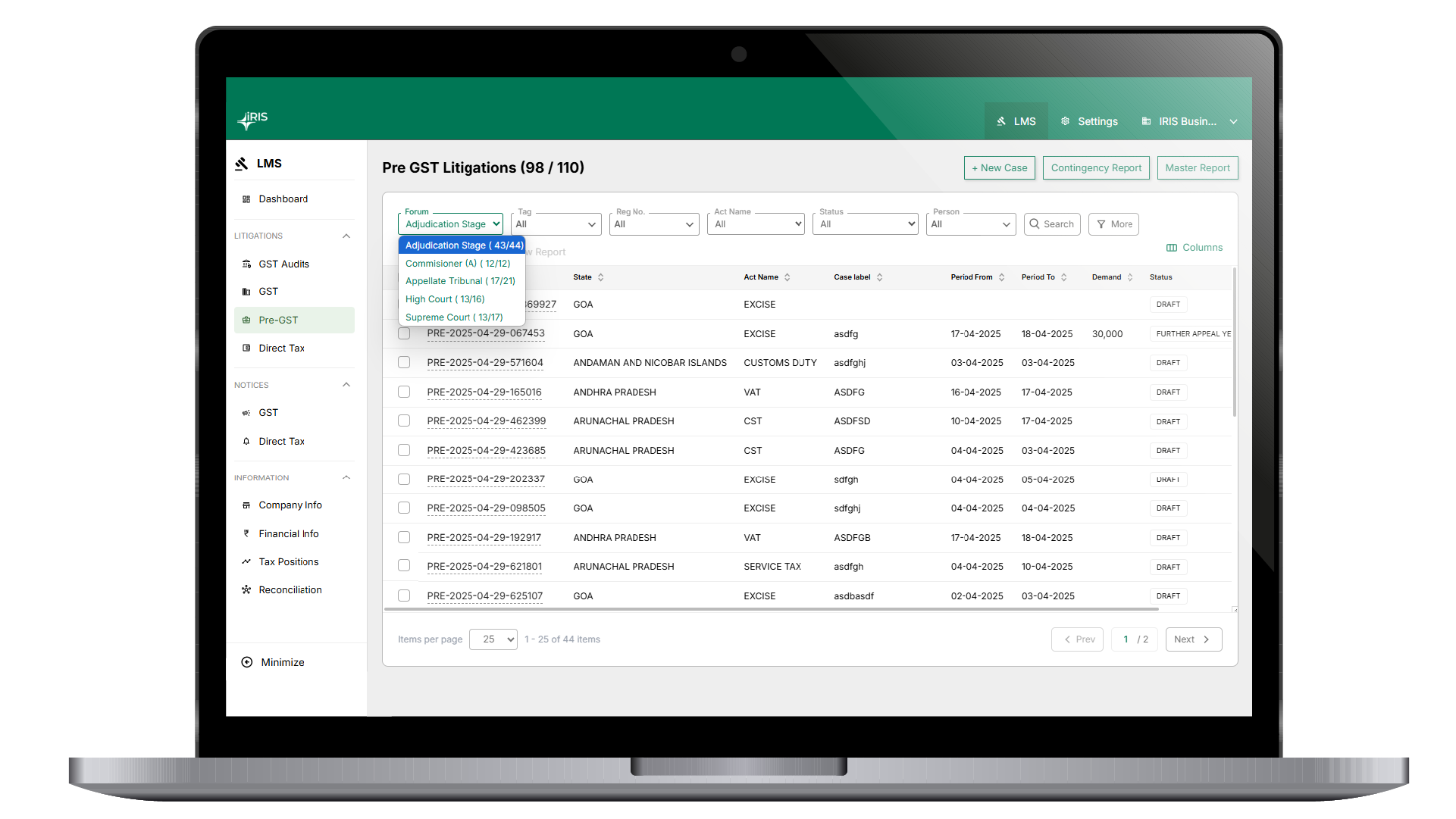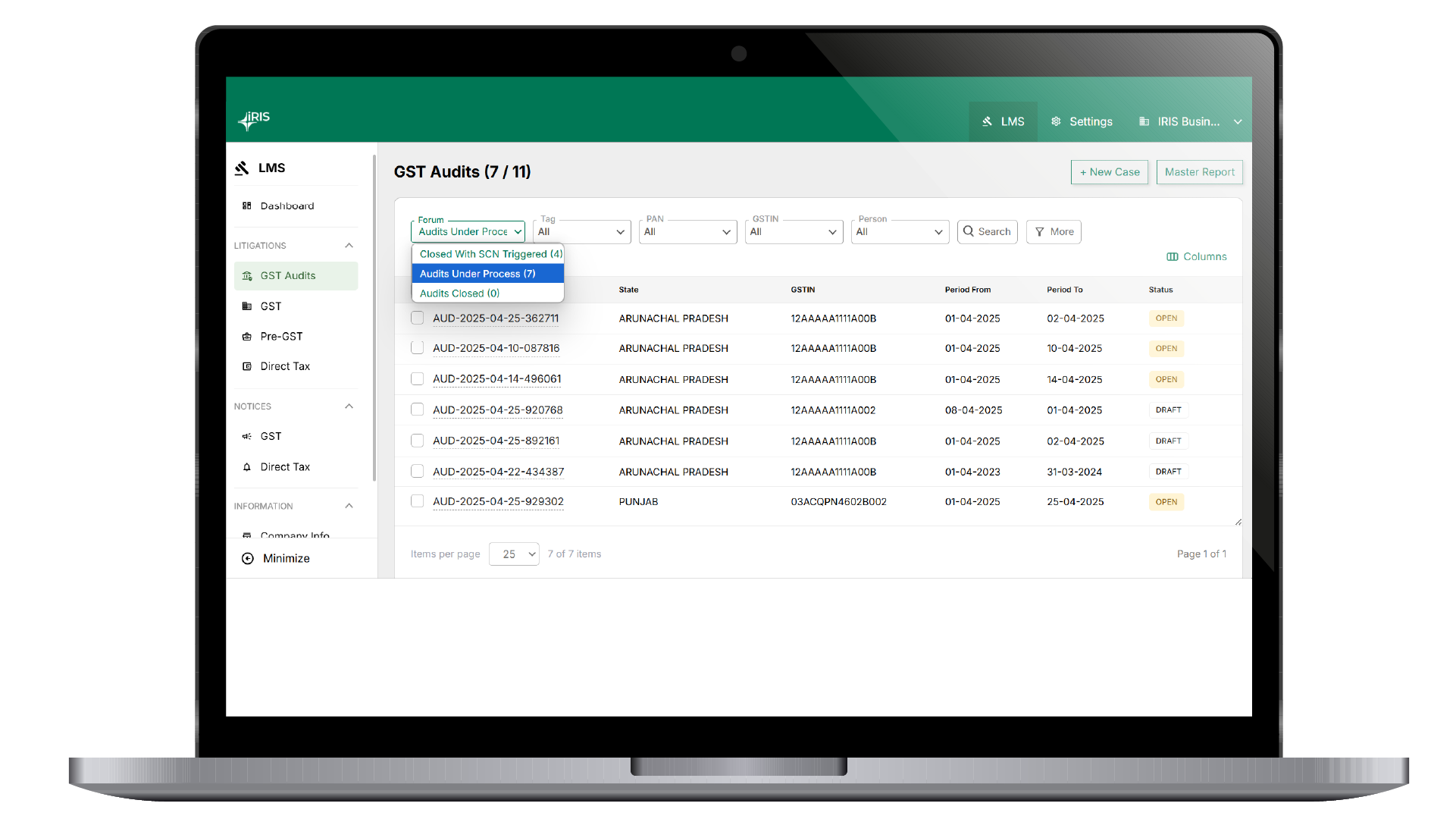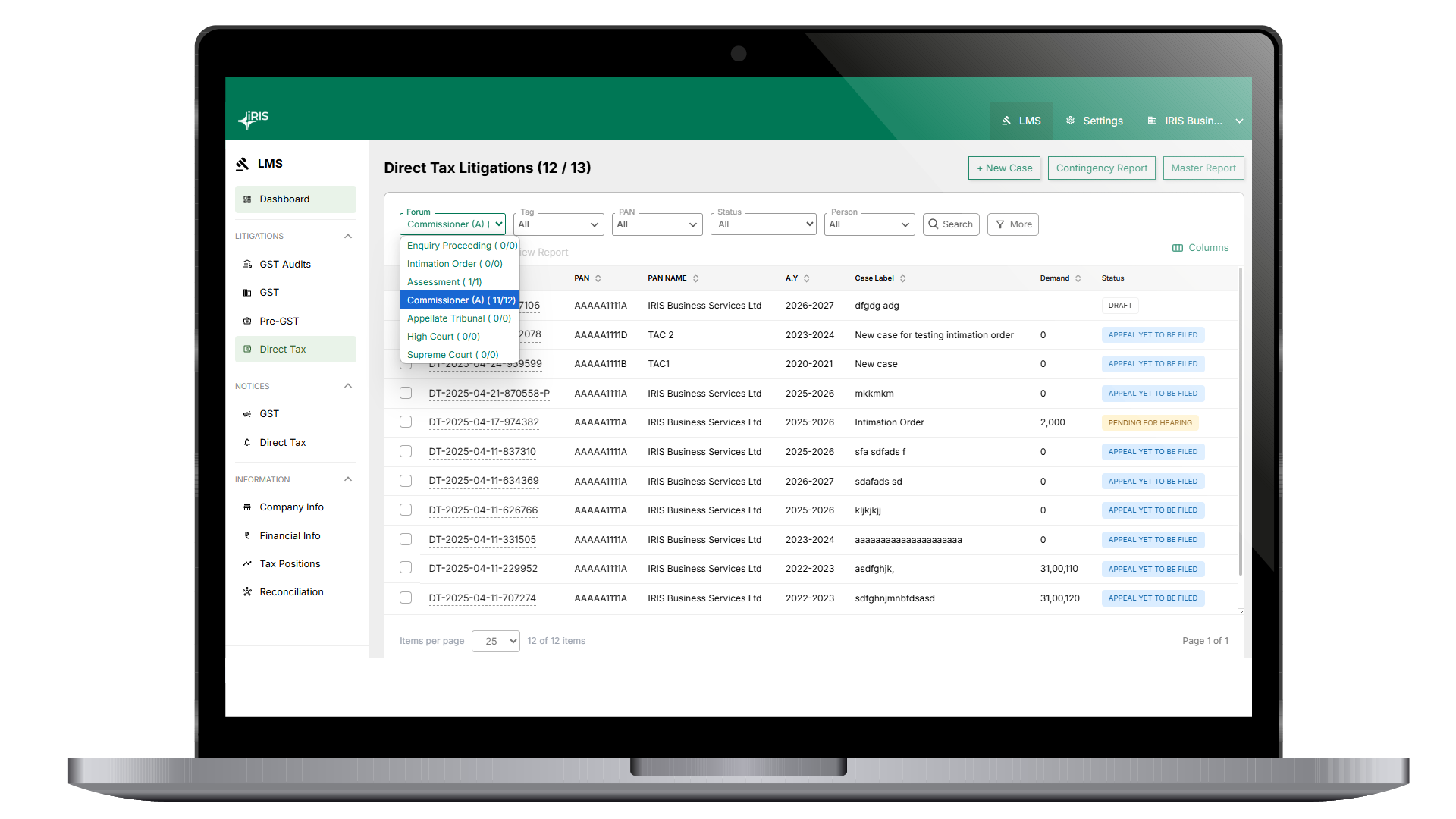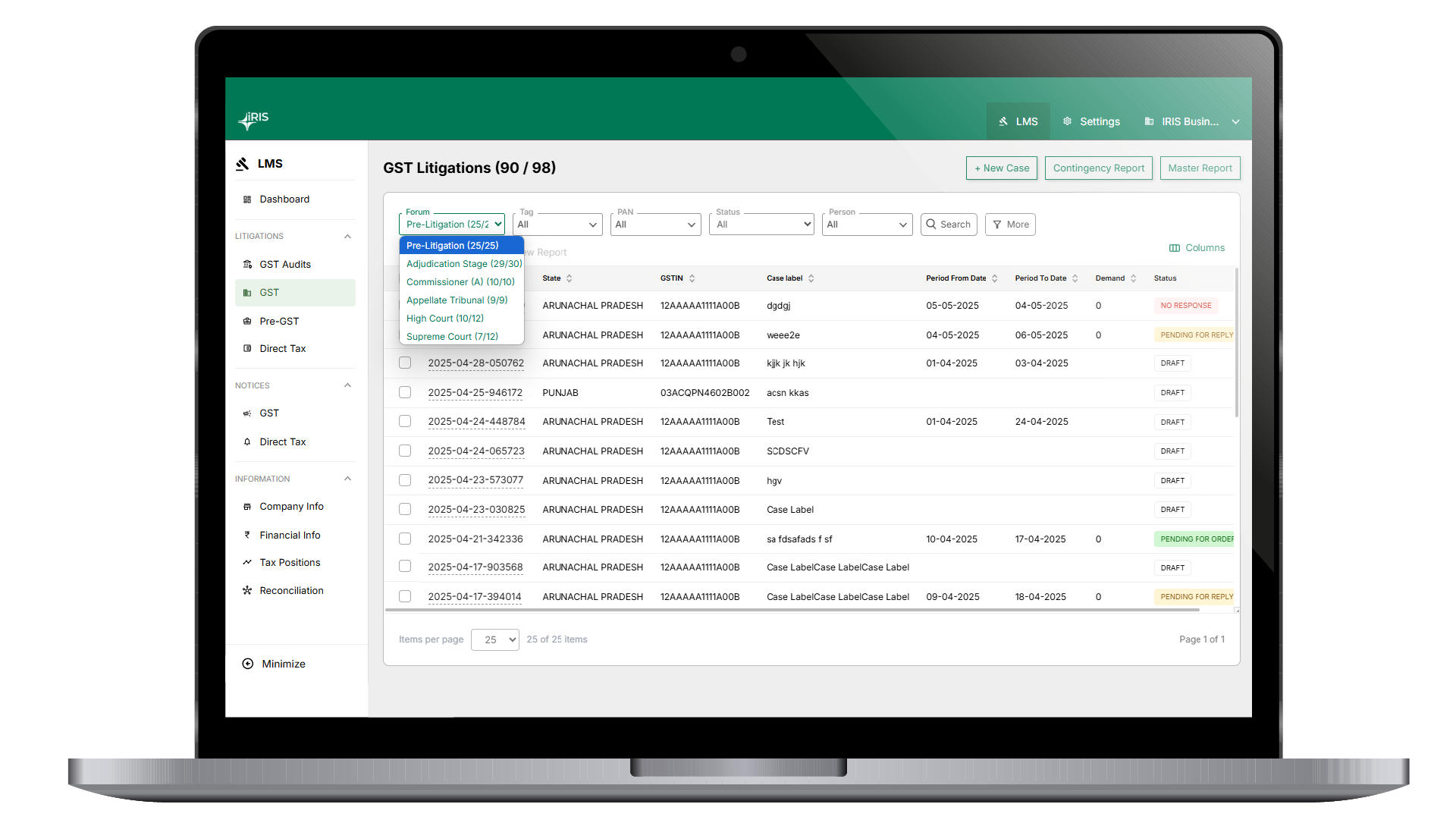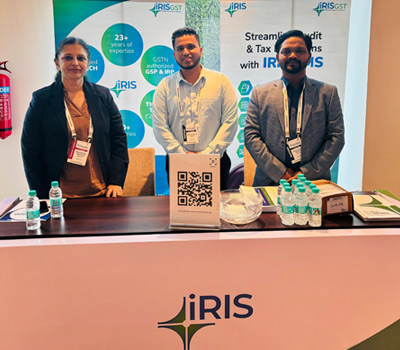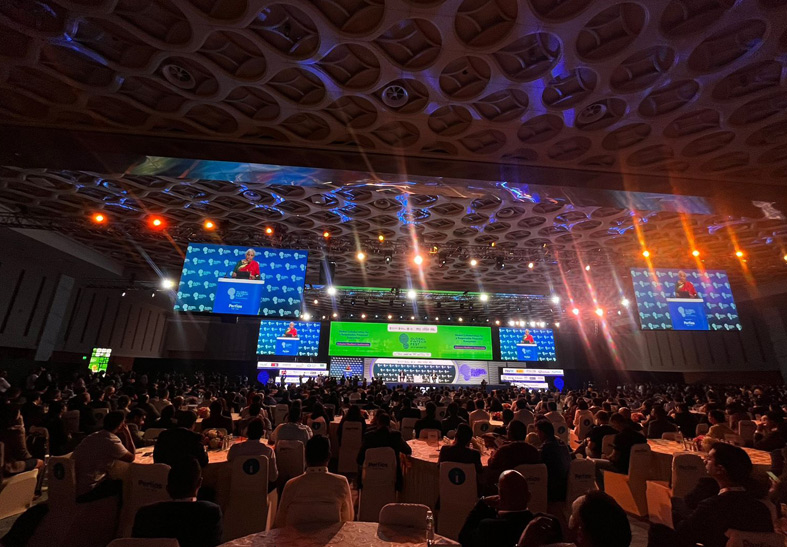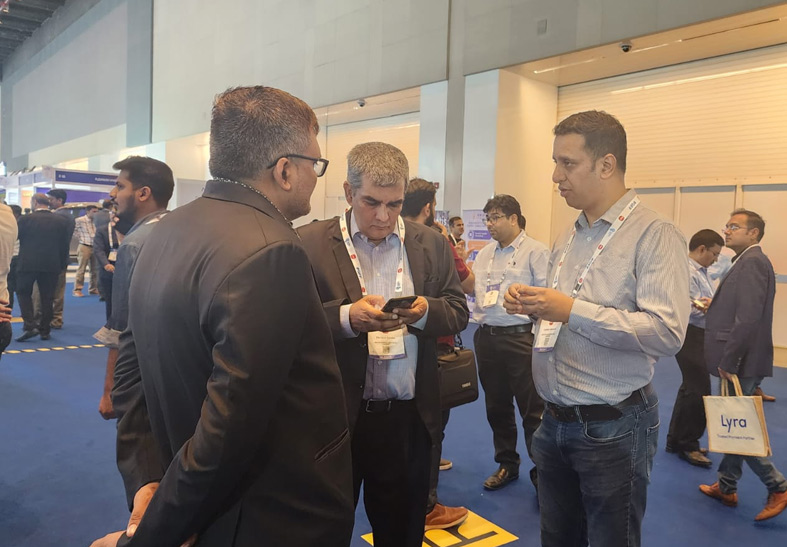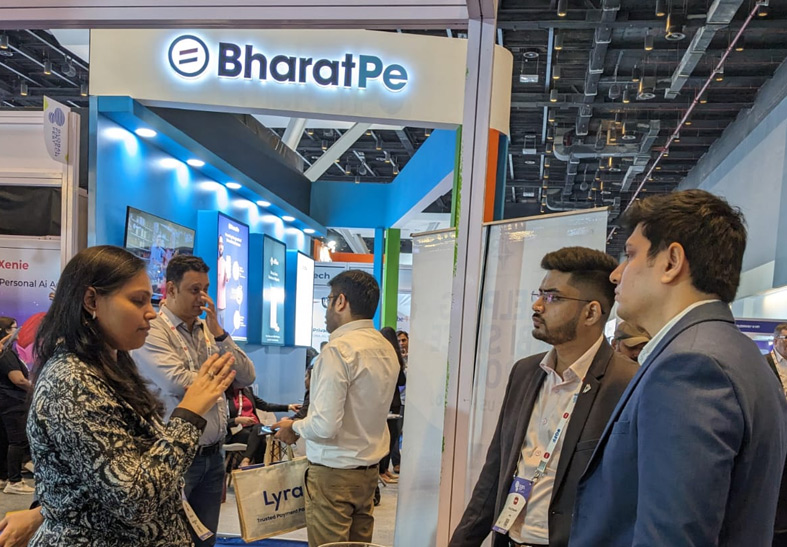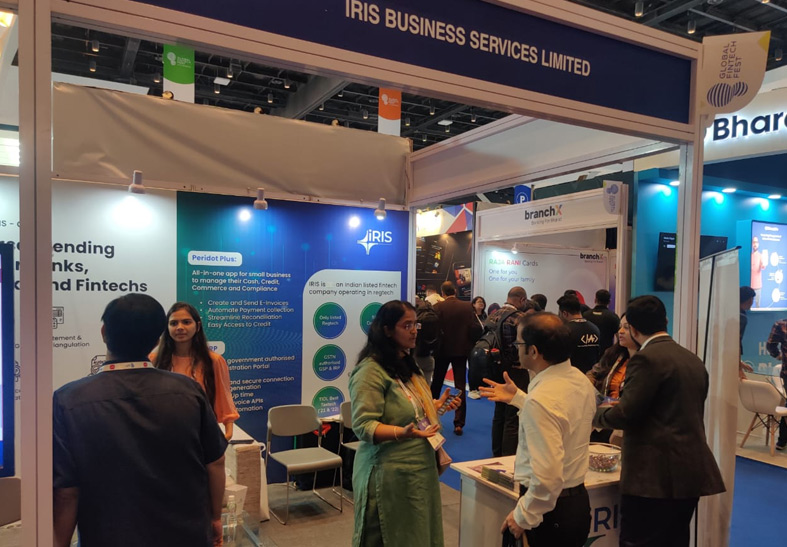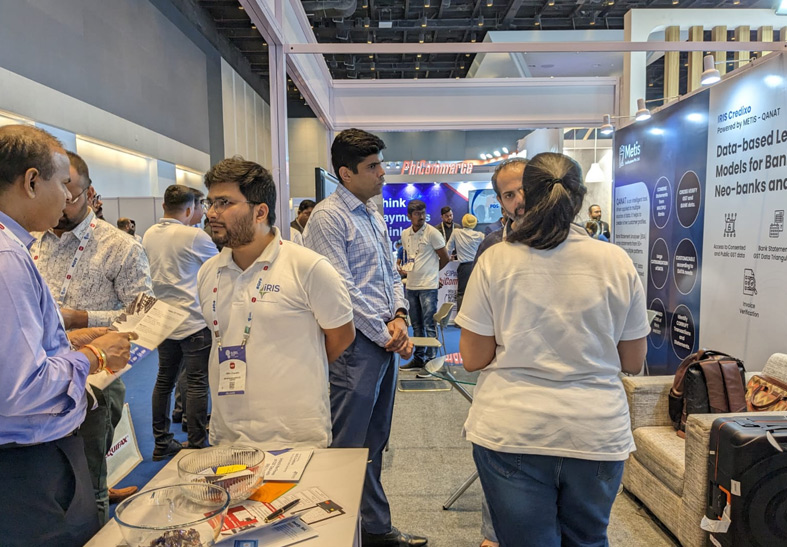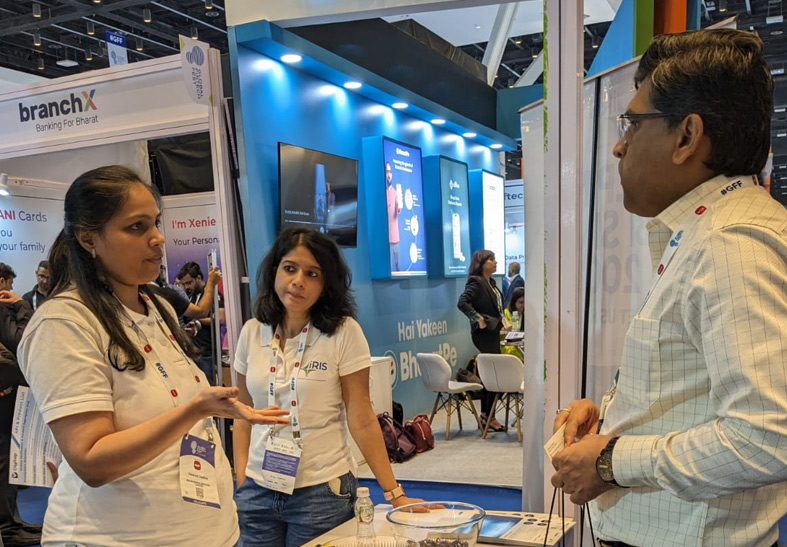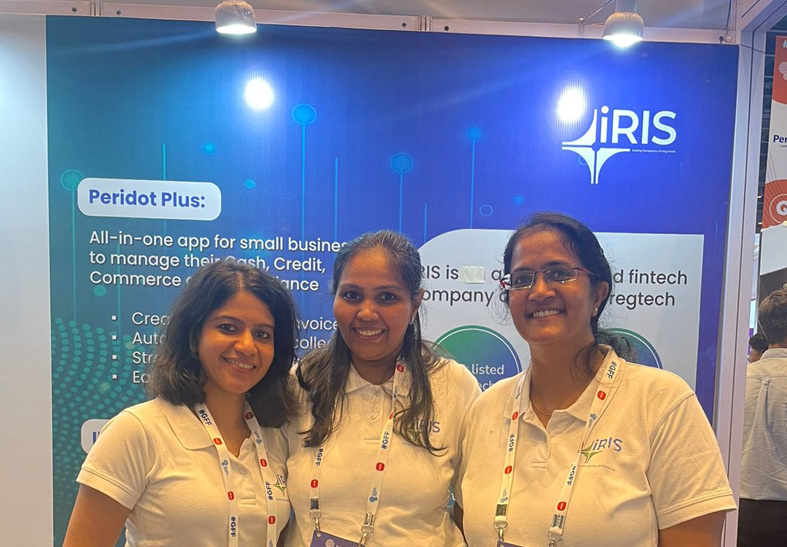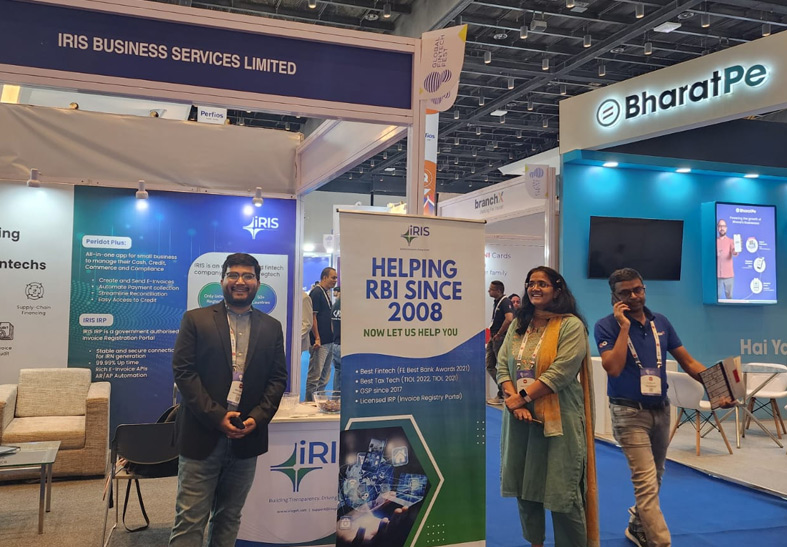Invoicing your sales, no matter how basic it may sound, is an essential aspect of business that every taxpayer registered under GST needs to master.
GSTIN is an abbreviation for Good and Service Tax Identification Number, which is a 15 digit, unique registration number given to every taxpayer registered under GST.
GSTR-8 Return is the return filed to declare the Tax Collected at Source (TCS by E-Commerce Companies. Filed every month on or before 10th by e-commerce companies.
GSTR-3B is a monthly GSTR Return which consists of summarized details of supplies | GSTR 3B Format, Due date and Filing!
Let us take some time to get ourselves braced up for the “assessment scenarios”. The first and foremost step in the chain of Assessments is a “Provisional Assessment”.
An audit is a term that is generally used for official inspection and verification of documents by an Independent body, usually for financial accounts.
We have covered how an appellant can raise an application to a higher court/authority for the reversal or revision of an order, as passed by a lower court/authority.
If a taxpayer fails to file his\her returns, the taxpayer receives a notice from the government in form GSTR 3A. Know more about the payment structure here!
If a registered taxpayer does not file his/her GST returns on the given due date, he is liable to be penalised as per the notice sent by the government in form GSTR 3A.
A demand notice is a show-cause notice issued by the GST officials in case of short payment or non-payment of GST.
GSTR-1 is a monthly or quarterly return (based on taxpayer’s annual turnover) that should be filed by every registered dealer. Know more about the duedate, format and eligibility here!
HSN code stands for Harmonized System of Nomenclature, which consists of a globally used coding system and harmonized commodity description.
